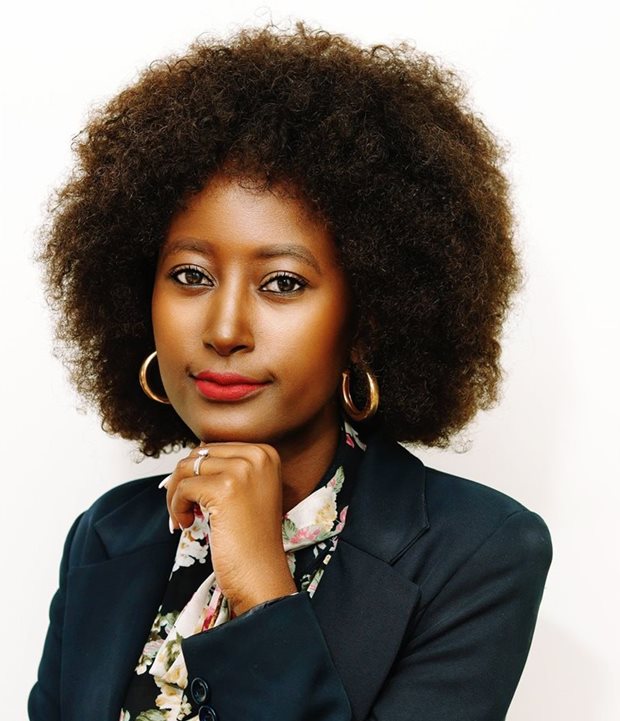
The South African delegation's support for Palestine transcends traditional diplomatic efforts, weaving together a narrative that underscores the transformative power of education in the pursuit of lasting peace.
By integrating educational empowerment into its diplomatic initiatives, humanitarian aid, and cultural exchanges, South Africa exemplifies a holistic approach to conflict resolution, one that recognises the vital role of education in building bridges, fostering understanding, and paving the way for a peaceful and prosperous future.
Education is a powerful tool that has the potential to transform societies, break the chains of ignorance and pave the way for lasting peace. This day serves as a reminder of the importance of quality education for all and the profound impact it can have on fostering global peace.
Education is a fundamental human right and a key driver of sustainable development. It equips individuals with the knowledge, skills, and values necessary to navigate the complexities of the modern world. However, its role extends beyond personal development; education has the potential to be a catalyst for social change and international cooperation.
One of the crucial aspects of education in the pursuit of lasting peace is its ability to promote understanding and tolerance among diverse communities. By fostering a culture of inclusivity and empathy, education acts as a counterforce to prejudice and discrimination, two factors that often fuel conflicts. When individuals are educated about different cultures, histories, and perspectives, they are more likely to appreciate diversity and work towards peaceful coexistence.
The theme for this year's International Day of Education Learning for Lasting Peace, highlights the link between education and the promotion of sustainable peace, to achieve lasting peace, education must go beyond the transmission of knowledge and embrace values such as empathy, respect for human rights, and a commitment to resolving conflicts peacefully.
Educational institutions play a pivotal role in shaping the attitudes and values of future generations. By integrating peace education into curricula, schools and universities can instil in students a deep understanding of conflict resolution, social justice, and the importance of global citizenship. This holistic approach to education empowers individuals to contribute meaningfully to building a more peaceful world.
While the importance of education for lasting peace is widely acknowledged, there are still challenges to be addressed. Many communities around the world face barriers to accessing quality education, including poverty, gender inequality, and armed conflicts. To truly harness the power of education for global peace, there must be a concerted effort to overcome these obstacles and ensure that quality education is accessible to all.
Unfortunately, in South Africa, quality education is not accessible to all. This month, matriculates received their final examination results and the statistics raise an important question about the state of education in the country. Although we are celebrating the 83% Matric rate this does not discard the fact that 81% of grade 4s can’t read for meaning, 8 out of 10 South African schools are unable to impart fundamental skills to students making 80% of the schools in South Africa dysfunctional.
In addition, South African Grade 9 learners were ranked position 38 out of the 39 countries who took part in the International Association for Evaluation of Educational Achievements in mathematics. Furthermore, stats show 25% of the matriculates fail their final examination, approximately 50% of the learners drop out of school before completing matric and under 5% of the learners who commence primary school end up with a tertiary qualification.
Based on the abovementioned, efforts to improve South Africa’s education system are vital, because firstly education is undoubtedly a way out of poverty and inequality experienced by most of the country’s population and education is a great tool for advancing economic growth, encouraging innovation and strengthen society and developing a thriving and equitable economy.
Governments, international organisations and civil society are urged to collaborate to invest in education infrastructure, principal leadership and develop inclusive policies that address the unique needs of marginalized communities. By prioritising education as a means to achieve lasting peace and equality, the international community can contribute to the creation of a more just and equitable world.